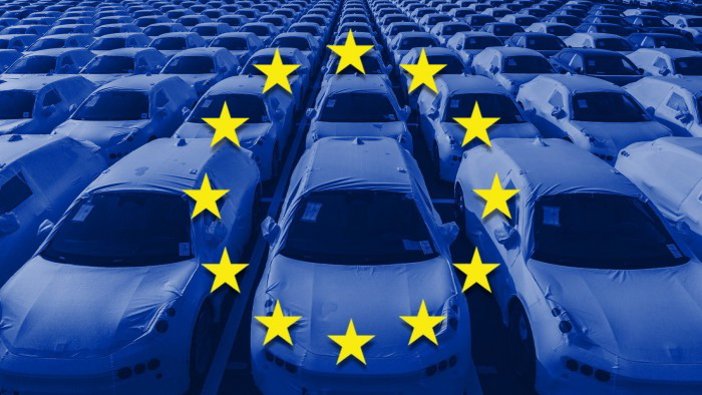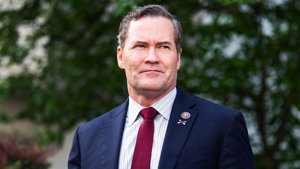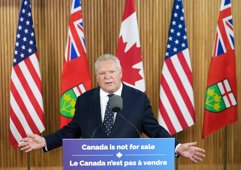
Trump Criticizes EU Trade Practices
Washington, D.C. – U.S. President Donald Trump on Friday voiced strong criticism of the European Union’s trade practices, accusing the bloc of employing “non-monetary tariffs” to limit American exports despite a recent reduction in official automobile import duties. Speaking from the White House, Trump addressed the EU’s decision to lower tariffs on U.S. vehicles to 2.5%, calling the move “nice” but ultimately insufficient.
“It’s called a non-monetary tariff,” Trump said, explaining that the EU implements regulatory and procedural barriers designed to block American products regardless of formal tariff levels. “They don’t want the American car on their market, and yet they send us millions of cars,” he added. Trump also highlighted agricultural trade, stating, “They send us big agriculture, they don’t want our agriculture, they don’t want anything from us.”
The president’s remarks reflect growing frustration with what he views as systemic imbalances in the U.S.-EU trade relationship. While the U.S. remains one of the largest importers of European goods—particularly cars and agricultural products—Trump argues that Europe uses backdoor restrictions to prevent American businesses from competing fairly on their markets.
Trump emphasized that he’s not against trade with the EU, but insisted it must be conducted on equal terms. “The European Union is very tough,” he said, “but whatever they do to us, we do to them.” The comment echoes the administration’s broader “America First” trade doctrine, which prioritizes reciprocal policies to correct longstanding deficits and ensure U.S. industries are treated fairly on the world stage.
As part of his broader economic strategy, Trump has also declared April 2 as “Liberation Day,” marking the beginning of a new reciprocal tariff policy aimed at protecting American jobs and industries. The combination of policy shifts and direct messaging toward trade partners signals a heightened push to rebalance U.S. trade dynamics, particularly with long-established allies like the EU.
While critics warn that such aggressive rhetoric could spark trade tensions or retaliation, supporters argue that the U.S. is finally standing up for its economic interests. For Trump, the message is clear: fair treatment, or equal response. The spotlight is now on Brussels to respond to Washington’s demand for more transparent and balanced trade engagement.






